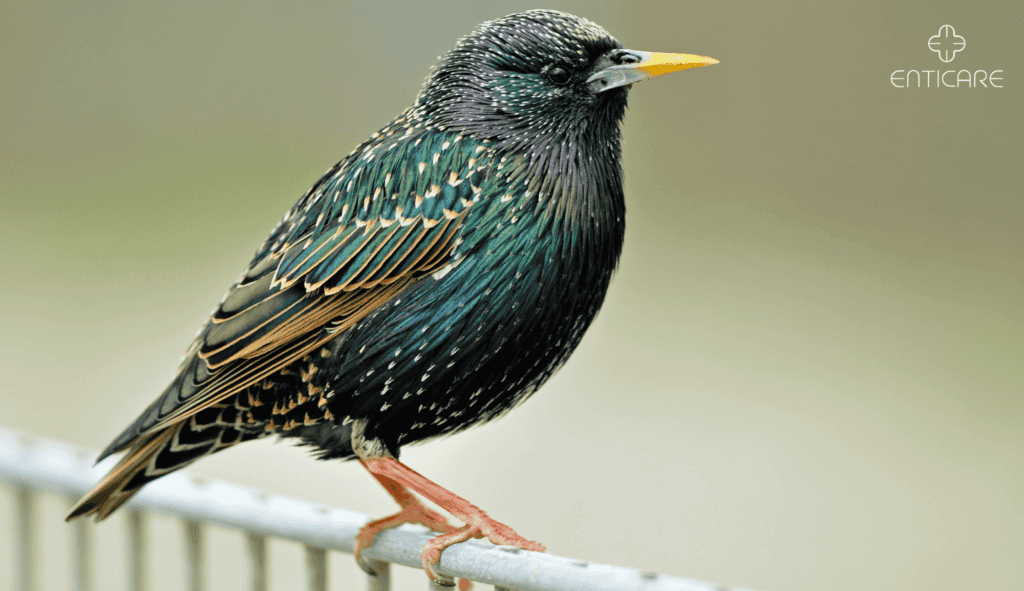Birds bring joy and beauty into many lives, but for some, they also bring allergies. Bird feather allergies can cause significant discomfort and affect the quality of life. Understanding the symptoms, getting an accurate diagnosis, and finding effective relief strategies are essential steps to managing this allergy. This comprehensive guide will help you navigate through the complexities of bird feather allergies.

Understanding Bird Feather Allergies
Bird feather allergies occur when your immune system overreacts to proteins found in bird feathers, droppings, or dander. Knowing the basics can help you manage your symptoms effectively.
Common Symptoms
Bird feather allergies often manifest in respiratory issues. You might experience sneezing, coughing, and a runny or stuffy nose. These symptoms can resemble those of other common allergies, making diagnosis crucial.
Skin Reactions
Direct contact with bird feathers or droppings can lead to skin reactions. You might develop itchy, red rashes, or hives, especially if you handle birds or their bedding regularly.
Eye Irritation
Bird allergens can also affect your eyes. You might notice redness, itching, and watery eyes, particularly after exposure to birds or bird-related materials.

Diagnosing Bird Feather Allergies
Accurate diagnosis is the first step towards effective management. Here’s how healthcare providers typically diagnose bird feather allergies:
Medical History and Symptom Discussion
Your healthcare provider will start by taking a detailed medical history. They will ask about your symptoms, their severity, and any potential exposure to birds or bird products. This information helps in understanding the likely cause of your symptoms.
Skin Prick Test
A skin prick test is a common method to diagnose bird feather allergies. During this test, small amounts of bird allergens are placed on your skin, which is then pricked lightly. If you are allergic, you will develop a small, raised bump at the test site.
Blood Test
A blood test, known as a specific IgE test, measures the level of antibodies your immune system produces in response to bird allergens. This test can confirm the presence and severity of an allergy, providing a clear diagnosis.
Preventing Exposure to Bird Allergens
Minimizing exposure to bird allergens is crucial for managing bird feather allergies. Here are some strategies to reduce your contact with these allergens:
Limit Bird Interaction
If you own birds, consider limiting direct interaction. Keep birds in a designated area of your home and avoid handling them frequently. If possible, let others care for the birds and clean their cages.
Regular Cleaning
Regular cleaning can help reduce bird allergens in your home. Clean bird cages, perches, and surrounding areas regularly to minimize the accumulation of feathers and droppings. Use a vacuum with a HEPA filter to remove allergens from carpets and upholstery.
Air Purification
Use air purifiers with HEPA filters to reduce airborne bird allergens. Place air purifiers in rooms where birds are kept and in common living areas to improve overall air quality.

Managing Bird Feather Allergy Symptoms
Effective symptom management involves a combination of medications and lifestyle changes. Here’s how you can manage your bird feather allergy symptoms:
Medications
Over-the-counter antihistamines can help alleviate mild allergy symptoms such as sneezing and itching. Nasal corticosteroids can reduce inflammation in your nasal passages. For more severe allergies, your healthcare provider might prescribe stronger medications or recommend immunotherapy (allergy shots).
Allergen Avoidance
Avoiding exposure to bird allergens is the most effective way to manage symptoms. Create a bird-free zone in your home, especially in bedrooms and other areas where you spend a lot of time. Use allergen-proof covers on pillows and mattresses to reduce exposure while you sleep.
Natural Remedies
Some natural remedies can help manage allergy symptoms. Saline nasal rinses can clear allergens from your nasal passages. Drinking herbal teas with anti-inflammatory properties, such as chamomile or ginger tea, can provide relief from mild symptoms.
Living Comfortably with Bird Feather Allergies
Living with bird feather allergies requires adjustments to your daily routine. Here are some tips to help you maintain a comfortable and allergy-free environment:
Personal Hygiene
Wash your hands thoroughly after handling birds or cleaning their cages. Change your clothes if you come into direct contact with bird feathers or droppings to prevent the spread of allergens.
Home Environment
Keep your home environment clean and well-ventilated. Use air purifiers with HEPA filters, and regularly clean surfaces and furniture to reduce the presence of allergens.
Support System
Having a support system can make managing allergies easier. Inform family members and friends about your allergy so they can help you avoid exposure to bird allergens. Consider joining support groups where you can share experiences and tips with others who have similar allergies.
Conclusion: Take Control of Your Bird Feather Allergies
Bird feather allergies can significantly impact your life, but with the right strategies, you can manage them effectively. By understanding your allergy, preventing exposure, and implementing effective management solutions, you can enjoy a comfortable and healthy living environment. For personalized advice and treatment options, schedule an appointment with our experts at Enticare. Dial 480-214-9000 and take the first step toward wellness.

